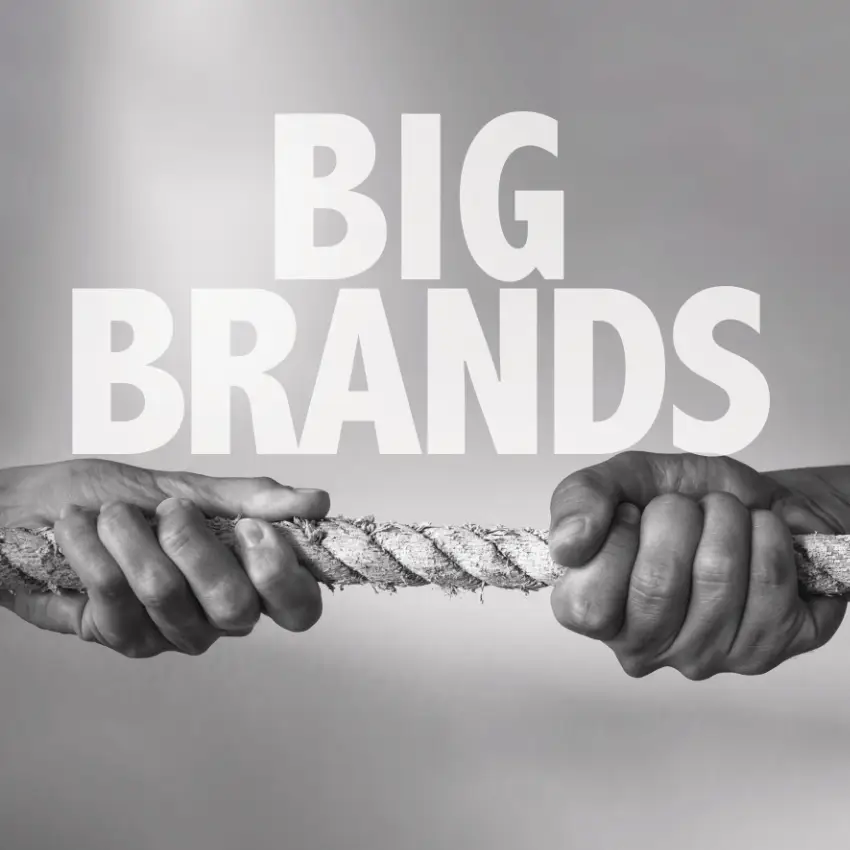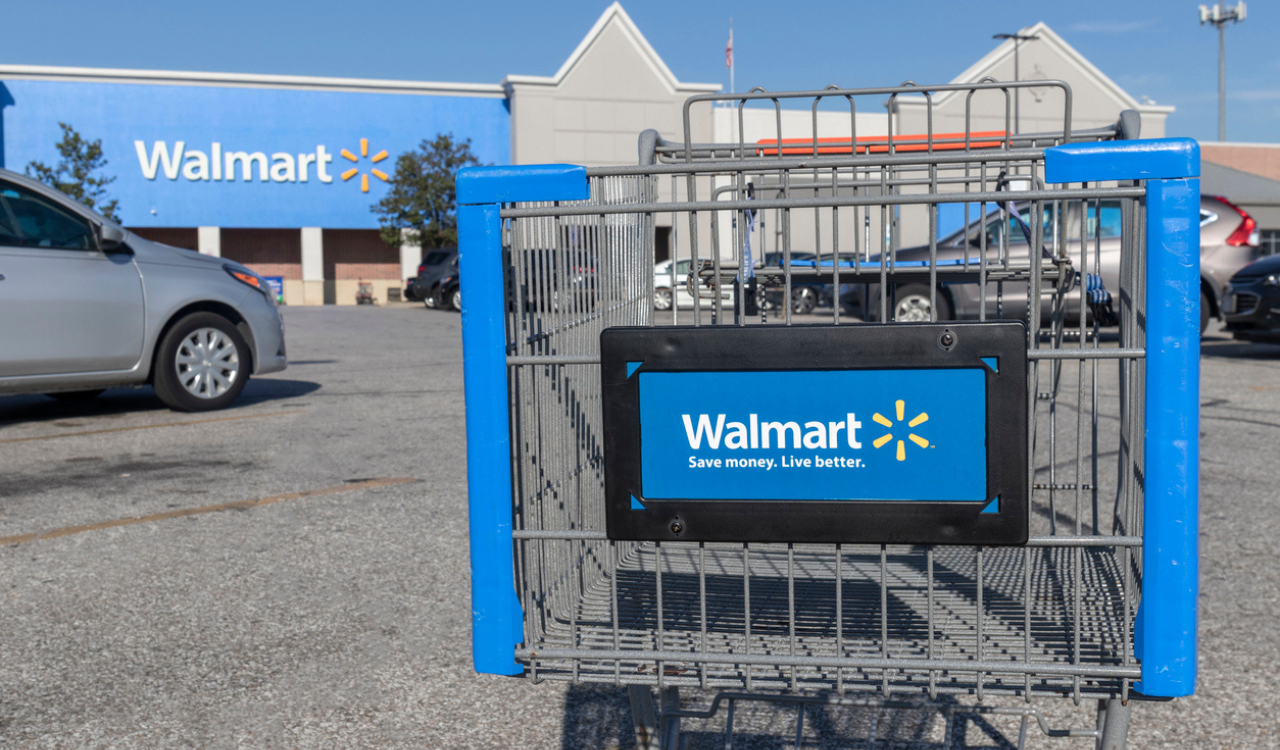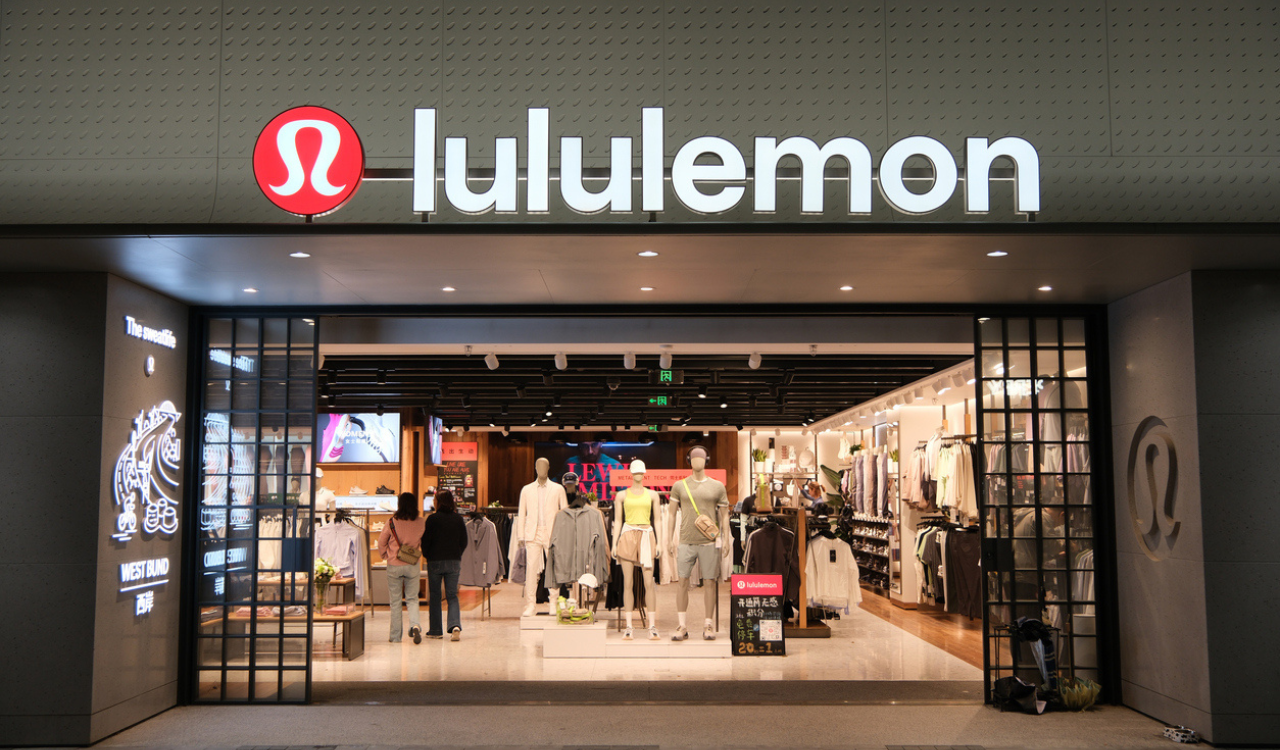Float with me here for a minute.
If I had to go out to dinner with any brand, I think I’d choose Mercedes Benz. First of all, I love Mercedes vehicles; I have owned several over the years and they have been incredibly reliable. In fact, I have one in the garage that my family uses as sort a back-up utility car – a 2014 350 GL Diesel with over 100,000 miles. I plan on keeping it forever. But reliability is not why I would choose to dine with Mercedes Benz.
Now, I know this is sounding a bit odd, but stay with me.
Here’s a brand I wouldn’t opt to break bread with: Apple. Don’t get me wrong – I love Apple products and I probably spend more time looking at my iPhone than with my three children combined, but I find the brand somewhat intimidating: a bit judge-y.
Where companies run afoul is when a brand appears to have one type of personality online and another in the store, or one in TV ads and another when the CEO talks about it. Consistency is key and when that breaks down, we see the corporate equivalent of bipolar or multiple personality disorder, or in the extreme case, brand schizophrenia.
If I were to let Apple choose the location for our dinner, it would probably be at a very spartan, monochromatic color-schemed upscale molecular-gastronomy restaurant serving miniscule portions. In human form, I imagine Apple as some hip Bay Area techie who is looking with disdain at my fashion choices – my Dad jeans certainly wouldn’t cut it at Apple. And this techie who, if I had to imagine him, would be wearing black slim-fit slacks and a just-sized-right black T-shirt.. Apple would likely find me too technologically Jurassic. In the Hunger Games tech arena, “What do you mean you prefer Microsoft Excel over Numbers?!”
The point I am getting at here is that brands have personalities. And personas. And asymmetrical affinities. Many of us buy the same brands but for completely different reasons. Mercedes resonates with me personally (and I’m not a car guy) because it stands for high quality, understated European luxury and, of course reliability. It won’t be late to our dinner date. Its name alone conveys quality and a certain worldliness. I feel like I could connect with Mercedes Benz over dinner, in a sort of anthropomorphistic way. Others may choose Mercedes for a completely different set of reasons – perhaps it’s the prestige associated with the brand, or what they hope it communicates about them and their earning power and ability to buy such a car.
Personalizing the Brand
Of course, to seasoned marketers, none of this is new. A brand’s personality is the set of human characteristics that consumers tend to attribute to it if it were a person. A brand’s personality is conveyed through consumer experience and interaction with the product or service, marketing campaigns, social media, advertising, and public relations. And of course, sometimes where companies run afoul is when a brand appears to have one type of personality online and another in the store, or one in TV ads and another when the CEO talks about it. Consistency is key and when that breaks down, we see the corporate equivalent of bipolar or multiple personality disorder, or in the extreme case, brand schizophrenia.
Now, can you imagine having dinner with your favorite brand and asking it what it thinks about January 6th, and it responds by saying is has no opinion? What about the war in Ukraine? Or climate change?
The point I am getting at is that brand marketers are beginning to learn – sometimes the hard way – that giving a brand a personality also means giving it a political POV. Historically, southern-fried chicken retail juggernaut Chick-fil-A was all-in on staking out right-of-center stances on social issues. That was its personality. And for many Americans, that was part of its appeal. But then, after becoming a target of progressive groups who labeled it as anti LGBTQ, its thinking “evolved” and it parted ways with some of the far-right evangelical Christian groups that it had been backing, opting instead to move towards supporting organizations that fight for civil rights and the expansion of voting privileges. Some customers felt hoodwinked. The restaurant has “badly lost its way,” tweeted Texas Republican senator Ted Cruz. “Millions of Christians have been proud of Chick-Fil-A’s courageous stands for religious liberty. To fund those who hate your customers is just sad.”
Such is the price brands – like human beings – often pay when changing their long-held views on issues.
Brands in the Political Arena
A critically important implication of the Supreme Court decision overturning Roe v. Wade is that corporate America has again been thrust squarely into the national political dialog. Unlike the Disney fight with Florida Gov. Ron DeSantis over the so called “Don’t Say Gay” law, the Roe decision, technically Dobbs v. Jackson Women’s Health Organization, is forcing many companies, both large and small, publicly-traded and privately held, to take a stand on this divisive issue – one that almost every American has an opinion on. In fact, a recent Gallup Poll shows that only 2 percent of Americans on average say that they have “no opinion” on the matter of abortion rights.
Initially, major US brands decided to steer clear of the debate – even ones that had been vocal on other recent social issues such as George Floyd and BLM (Black Lives Matter Movement) as they opted to take the temperature of the country following the overturning of the landmark ruling that had been the law of the land for half a century. In July, shortly following the Dobbs decision, over 90 percent of companies were still quiet on the abortion issue according to one major survey.
As polling and indeed voting is showing that, even in so-called “Red” states, a woman’s right to choose is overwhelmingly popular, companies are starting to come out of their post-Dobbs bunkers, tacitly sidestepping the Supreme Court’s decision by offering increased healthcare services which include abortion as part of their benefits packages. Now, after a couple of months, the shockwaves of the ruling have begun to dissipate.
With the dust beginning to settle, many global brands are beginning to see the Dobbs decision as a turning point in terms of corporate advocacy. The Dobbs decision is really forcing companies to grapple with more profound, foundational questions, such as in this case, how much it values the contribution of its female employees and its commitment to a gender-balanced workforce. But after decades of Corporate America largely staying on the sidelines of the major domestic political debates, there is no muscle memory to rely on for how to navigate the political landscape; for most, its largely uncharted territory.
Target, for example, is among the major retail brands that has been targeted (pun intended) for having moved to reimburse women traveling out of state for health services not offered in their home state – a move that prompted a powerful conservative advocacy group to launch the “Toss Target” campaign and boycott Target retailer. Walmart recently followed Target’s lead and just recently announced that it too would accommodate reimbursements for women seeking out-of-state reproductive health services.
Joining Target and Walmart in creating workarounds to the Dobbs decision are brands as diverse as Condé Nast, Dick’s Sporting Goods, JP Morgan Chase, Microsoft, Starbucks and even Telsa. The list of companies offering abortion-related travel reimbursement polices continues to grow by the day — a clear rebuke to the Supreme Court.
Levi Strauss & Co. even went a step further, issuing a statement that “protection of reproductive rights is a critical business issue impacting our workforce, our economy and progress toward gender and racial equity.” Bumble, the female-focused dating app, went as far as donating to the American Civil Liberties Union of Texas and Planned Parenthood Federation to help counter further attacks on reproductive freedom.
Taking a Stand
Some big brands, it would seem, are finally getting more comfortable with the idea that having a brand with an authentic personality means staking out positions on social and political issues. Far too many, unfortunately, are still crouching in the corner, too afraid to lean into an issue with a viewpoint that will certainly not sit well with some of its customers. But the price of inaction is a loss in brand authenticity. Brand personalities that stay mum on divisive issues – regardless of what side of the ledger they fall – are just as shallow as the dinner date who only knows how to smile and offers nothing more than bland platitudes.
Here’s the bottom-line: the playing field has shifted, and if company leaders want to continue to leverage their brands to connect with consumers in a meaningful way, sooner or later, they will all come to realize that part of an authentic brand personality is having a point-of-view on the largest questions being debated by society as a whole. In today’s highly charged cultural conversation, without publicly stating a political viewpoint, a brand runs the risk of being labeled as inauthentic, or even worse, hollow.




